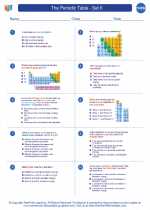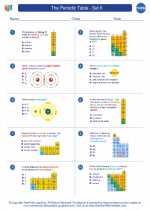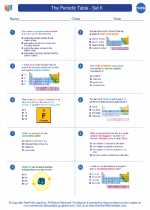Understanding Dark Energy
Dark energy is a hypothetical form of energy that is believed to be responsible for the observed acceleration of the universe's expansion. Its existence was postulated to explain the discrepancy between the measured mass density of the universe and the critical density required for the universe to be flat.Properties of Dark Energy
1. Uniformity: Dark energy is thought to be distributed uniformly throughout space. 2. Negative Pressure: Dark energy is believed to have a negative pressure, which is hypothesized to be driving the accelerated expansion of the universe. 3. Weak Interactions: Dark energy is theorized to interact very weakly with other forms of matter and energy, making it difficult to detect and study directly.Current Understanding and Research
The nature of dark energy remains one of the most significant unanswered questions in cosmology. There are several competing theories attempting to explain the origin and properties of dark energy, including the cosmological constant, quintessence, and modifications to the theory of gravity.Key Concepts to Study
1. Expansion of the Universe: Understand the historical observations and measurements that led to the discovery of the accelerating expansion of the universe. 2. Cosmological Constant: Explore the concept of the cosmological constant, initially proposed by Albert Einstein, and its potential connection to dark energy. 3. Quintessence: Investigate the idea of quintessence as a dynamic form of dark energy that can vary with time and space.Studying Dark Energy in High School Chemistry
In a high school chemistry class, students can begin to explore the concept of dark energy within the context of the broader field of cosmology and astrophysics. While dark energy may not be a direct topic of study in a typical chemistry curriculum, understanding the fundamental principles of energy, forces, and the nature of the universe can provide a foundation for comprehending the concept of dark energy.Recommended Approach
1. Basic Cosmological Principles: Introduce students to the fundamental principles of cosmology, including the expansion of the universe and the Big Bang theory. 2. Energy and Forces: Review the different forms of energy and forces, and discuss how they relate to the concept of dark energy as a mysterious, pervasive force in the universe. 3. Interdisciplinary Connections:[Dark Energy] Related Worksheets and Study Guides:
.◂Chemistry Worksheets and Study Guides High School. The Periodic Table - Set II
Worksheet/Answer key The Periodic Table - Set II
The Periodic Table - Set II  Worksheet/Answer key
Worksheet/Answer key The Periodic Table - Set II
The Periodic Table - Set II  Worksheet/Answer key
Worksheet/Answer key The Periodic Table - Set II
The Periodic Table - Set II 

 Worksheet/Answer key
Worksheet/Answer key
 Worksheet/Answer key
Worksheet/Answer key

The resources above cover the following skills:
PHYSICAL SCIENCE
Matter and Its Interactions
Develop models to illustrate the concept of half-life for radioactive decay.
Research and communicate information about types of naturally occurring radiation and their properties.